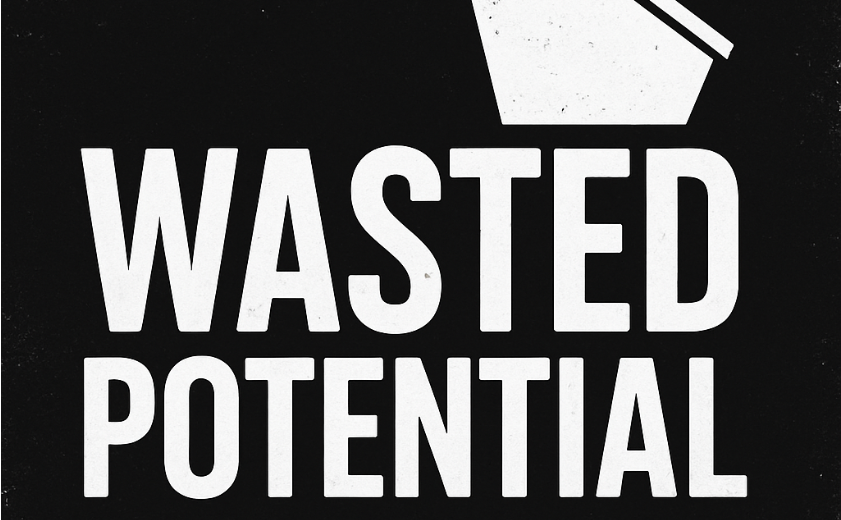If your business bids for public sector contracts — or plans to — you need to get your head around the Procurement Act 2023.
It came into force in early 2025 and was heralded as a game-changer for smaller suppliers. Ministers claimed it would open the doors to more SME involvement, cut red tape, and deliver more ‘value for money’ across the board.
But if you’ve actually read the new rules (spoiler: I have), you’ll know it’s not quite that simple.
So here’s what the new legislation really means for smaller firms trying to win work in a system still stacked in favour of big players — and what you need to do about it.
1. Don’t believe the hype — the SME barriers are still there
The headlines promised a revolution. But scratch the surface, and many of the biggest frustrations for SMEs haven’t gone anywhere:
- Impractical timeframes
- Confusing and inconsistent processes
- Evaluation criteria that don’t reflect real-world value
- High bid costs, win or lose
- Onerous specifications and bloated contracts
What’s worse — these challenges now come with even tighter deadlines and higher delivery risk. There’s still no meaningful pressure on public bodies to make tenders more SME-friendly, let alone award more contracts to smaller firms.
So yes, you’ll still be going up against the big boys — often on terms that favour them. And yes, I still get enormous pleasure helping great SMEs take those contracts anyway.
2. Transparency is a double-edged sword
One of the supposed ‘improvements’ in the Act is transparency.
Procurement authorities now have to explain why they’ve made changes to tender specs or processes. That’s a win, if you’ve ever had your clarifications met with indifference or delay.
But transparency cuts both ways. The Act requires:
- Publication of key contract KPIs at the outset
- Annual publication of supplier performance against those KPIs
That means any underperformance — even for reasons outside your control — could be laid bare for future buyers to see. Reputational risk is now baked into the system.
You’ll also be told how your bid compared to the winner’s. Helpful, perhaps, if you lose. But let’s be honest — most SMEs can’t afford to lose. Which is why I only care about what it takes to win.
3. Social Value isn’t getting any easier
One of the government’s favourite talking points is that smaller businesses are naturally better placed to deliver social value.
In practice? It’s usually nonsense.
Why? Because most public bodies still evaluate social value by counting spend. Big companies can chuck more money at local charities, hire an extra apprentice, or shift procurement spend to tick a box.
SMEs often deliver more meaningful impact — but struggle to quantify it in a way that scores well. And that’s before we even get to carbon.
If you don’t already have a Carbon Reduction Plan, and a way to measure progress against it, your bid’s going straight in the bin. It’s no longer a nice-to-have. It’s baseline compliance.
4. Templates are killing commercial thinking
The Crown Commercial Function has rolled out a suite of standardised tender templates. In theory, they promote consistency and reduce complexity.
In reality? They’re doing the opposite.
Procurement teams already lean heavily on risk-averse behaviour. These templates now give them a “safe” option they’re even less likely to deviate from. The result? Less commercial thinking, more box-ticking, and less room for innovative SMEs to shine.
If you were hoping this new regime would lead to smarter, more agile public procurement — don’t hold your breath.
5. Bid timescales are shorter than ever — so get your house in order
One of the most dangerous assumptions I see from SME owners is waiting until their ‘dream tender’ lands before they start getting organised.
Big mistake.
The new rules reduce what were already tight timescales. While they technically set minimums, the reality is that under-resourced procurement teams and last-minute service scoping mean most tenders are late before they start — and then rushed out with barely enough time to respond.
If you’re relying on an external consultant (like me) and haven’t already briefed them properly, there simply won’t be enough time for a high-quality bid. Same goes for joint bids — partnership working takes planning.
So… is it all bad news?
Honestly? I don’t think the Procurement Act 2023 is good news for SME bidders. Not in the way it’s been sold.
But I’ll say this — the opportunity is still massive.
Public sector contracts can transform a business:
- They support growth
- They bring stability
- They pay on time (hallelujah)
- And they look great on your books
The work is gold-plated. It just takes the right strategy to win it.
If you’re serious about competing — and winning — under the new rules, let’s talk. My team supports ambitious waste and service firms to identify, prepare for, and convert public sector opportunities.
Because you can’t afford to lose. So let’s make sure you don’t.
Get in touch to talk bid strategy
Gerald Price is a multi-disciplined business consultant specialising in the efficiency, improvement and development of established businesses (£3m+ turnover).
Gerald is available to lead bids for tenders of all sizes and complexities, or to support and mentor internal business development teams.


